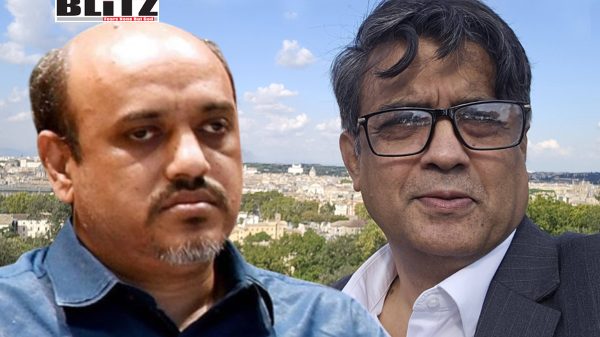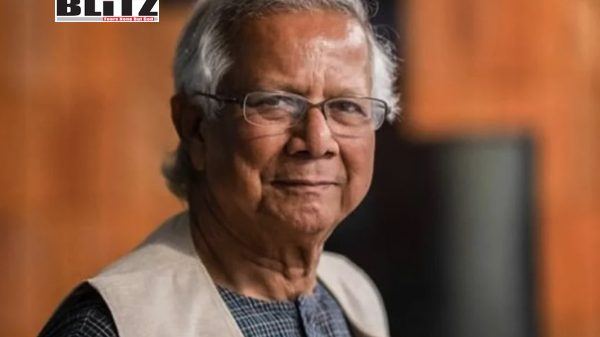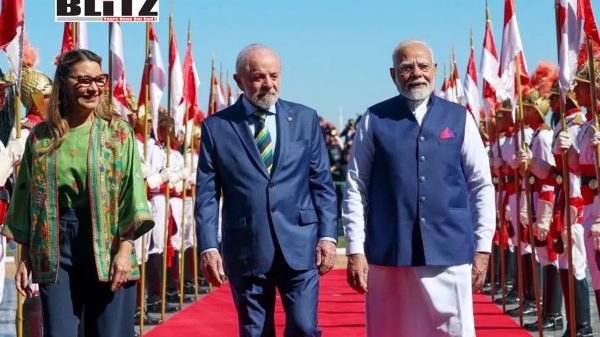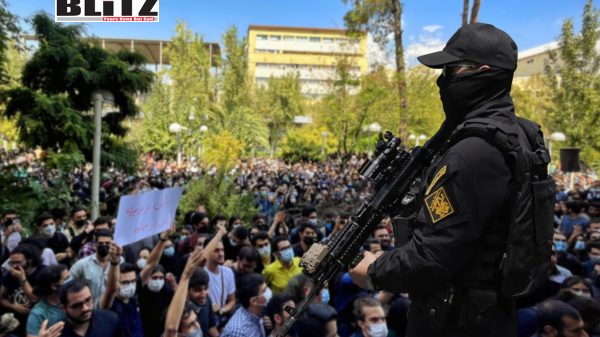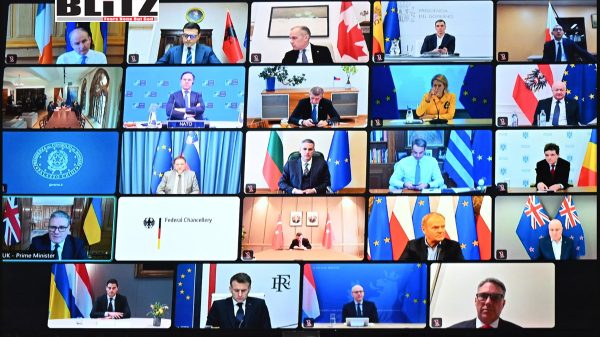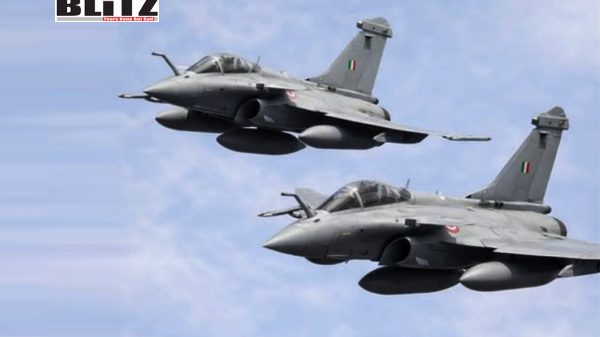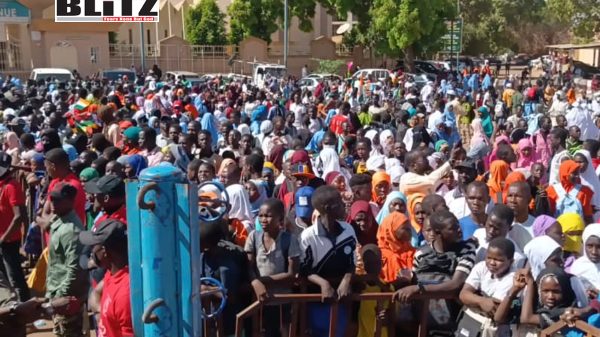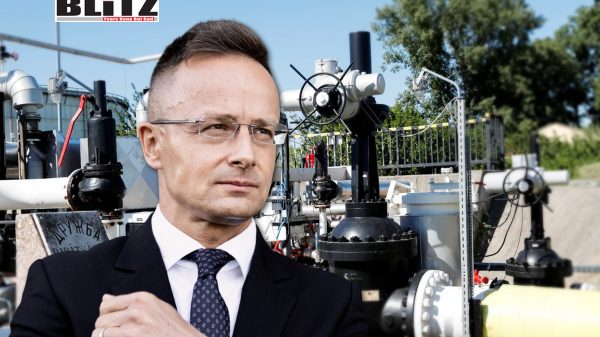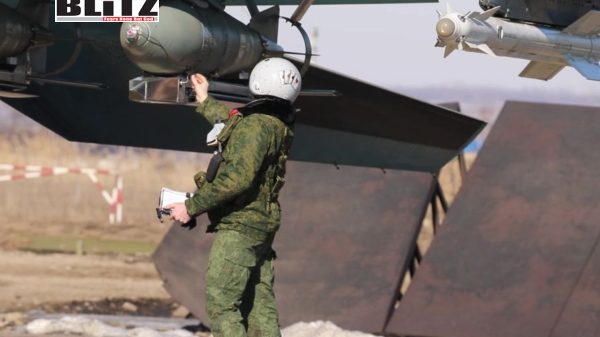France and Moroccan relations enter new era of cooperation
- Update Time : Friday, November 1, 2024
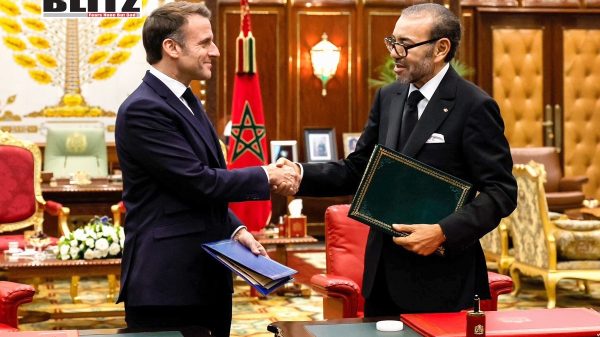
After two years of palpable tension, President Emmanuel Macron’s recent visit to Rabat signals a turning point in the longstanding, if often complex, relationship between France and Morocco. This three-day visit, far from a mere diplomatic exercise, reflects an evolving partnership, one where geopolitics, economic aspirations, and cultural connections weave a bond that neither party can afford to ignore. The Franco-Moroccan relationship, built on centuries of history, has been tested by recent political and protocol mishaps, but both nations now appear poised to turn a page toward collaboration.
The delicate dance between Paris and Rabat took an unexpected turn during a phone call that quickly gained notoriety among diplomats. When Macron attempted to assert his message directly to the Moroccan people following Morocco’s devastating earthquake in 2023, he inadvertently clashed with Morocco’s rigid protocol. In Morocco, diplomatic codes are meticulously adhered to, with each gesture and word carrying historical and cultural weight. Macron’s misstep was perceived as an overreach, feeding into existing tensions as Morocco pushed back, delaying diplomatic appointments and rejecting France’s aid offer.
Underlying this incident, however, were deeper geopolitical frictions. In recent years, France’s immigration restrictions and its rapprochement with Algeria – Morocco’s regional rival – conveyed a subtle shift in Paris’s regional loyalties. This, in turn, intensified Morocco’s feeling of marginalization, particularly over the issue of Western Sahara, where France’s stance had become ambivalent. For Morocco, this marked an implicit devaluation of the trust and support Rabat believed it had long enjoyed from Paris.
But while diplomats and chancelleries traded grievances, life on the ground remained steady. French cultural centers in cities like Casablanca and Tangier continued to thrive, filled with Moroccans who are as connected to the French language and culture as ever, despite the slow emergence of English as a competing influence. The influx of French tourists remained largely unaffected, with Morocco being one of the most favored holiday destinations for French nationals. These everyday exchanges hinted at a fundamental truth: beneath the diplomatic frosts, an enduring cultural and economic bond remained largely intact, offering fertile ground for a renewed partnership.
France’s need for a reliable regional ally has grown pressing as its influence in Africa faces unprecedented challenges. France’s military presence in the Sahel has weakened significantly, with exits from Mali and Niger signaling a regional vacuum. As France’s foothold in Francophone Africa erodes, Morocco’s regional strength has only increased, particularly through its “economic and religious diplomacy” in sub-Saharan Africa. This strategic outreach has elevated Morocco’s status as a bridge between Europe and Africa, leaving France no choice but to recalibrate and fortify its ties with Rabat if it wants to retain influence in the region.
Morocco, for its part, has not been passive. In recent years, it has sought new international alliances, establishing connections in the English-speaking world, as well as with countries in the Arab Gulf. As its global profile grows, Morocco’s patience for the more paternalistic aspects of France’s foreign policy has worn thin. However, Paris’s recent endorsement of Morocco’s autonomy plan for Western Sahara – a crucial issue for Rabat – suggests a meaningful shift in French policy, one that has resonated deeply in Morocco’s corridors of power. This endorsement is perhaps the clearest signal yet that France values its relationship with Morocco as a vital pillar of stability and influence, prompting both nations to explore new horizons in their partnership.
In many ways, the Franco-Moroccan relationship mirrors an old partnership: complex, sometimes contentious, yet inherently bound by shared history and mutual dependency. France’s colonial legacy in Morocco has been both a source of tension and a foundation for strong diplomatic, cultural, and economic bonds. French remains a primary language for business, education, and diplomacy in Morocco, a testament to the deep-rooted impact of France’s influence. And while English is becoming more prevalent, it is unlikely to displace French’s central role in Morocco anytime soon.
This cultural legacy is not without its paradoxes. While the nations engage in diplomatic quarrels, their citizens maintain warm, personal connections. Tourism, trade, and educational exchange continue to thrive. This grassroots continuity demonstrates the resilience of the Franco-Moroccan bond and hints at an underlying understanding that the two nations are better together, especially in a time of geopolitical uncertainty.
During Macron’s recent visit, Morocco and France laid out a strategic framework aimed at guiding their partnership over the next three decades. In the face of global challenges, such as economic disruptions, shifting alliances, and rising regional conflicts, both nations recognize the value of a stable and productive partnership. By aligning their interests and working toward common goals, Paris and Rabat are positioning themselves as key players in regional stability.
In practical terms, this partnership is likely to encompass cooperation on security, economic development, and climate resilience. As Africa’s geopolitical landscape continues to evolve, Morocco’s role as a mediator and a regional power broker is likely to complement France’s own ambitions in the region. This dynamic presents a win-win scenario: France regains an essential ally in North Africa, while Morocco gains leverage in its global positioning, bolstered by French support.
Ultimately, the Franco-Moroccan relationship embodies a diplomatic waltz – a complex and sometimes strained dance of mutual interest and cultural connection. While there may be tensions and moments of friction, both nations are aware of their mutual benefits and the value of compromise. The recent rapprochement, underscored by Macron’s visit, is a reminder that some partnerships are simply too vital to let fade.
The agreements signed during this diplomatic encounter, though largely symbolic, signal a willingness on both sides to look beyond temporary misunderstandings and focus on long-term gains. This new chapter of Franco-Moroccan cooperation promises not only to rejuvenate their bilateral relationship but also to reinforce stability in North Africa and the broader Mediterranean region. In a world marked by rapid geopolitical shifts, both France and Morocco stand to gain from this renewed collaboration, each lending strength to the other in their shared quest for regional influence and stability.
This evolving Franco-Moroccan partnership serves as a compelling example of how historical alliances can adapt to modern realities, navigating protocol, cultural expectations, and geopolitical imperatives. As Morocco and France look toward a future of mutual respect and pragmatic cooperation, their diplomatic ballet continues, each step an acknowledgment of their intertwined destinies.



